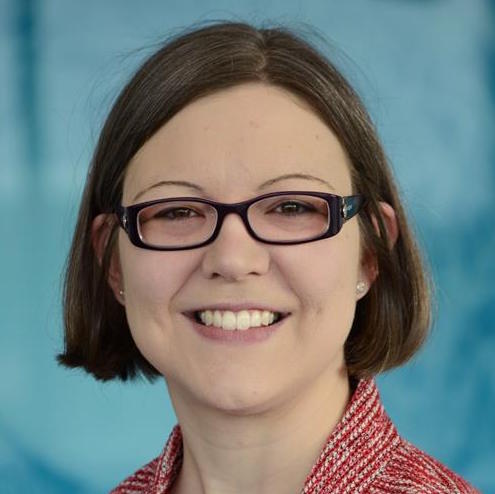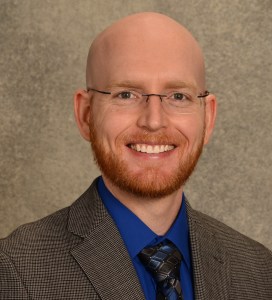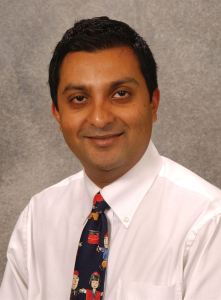Three University of Colorado Cancer Center scientists are among the latest to receive awards from the St. Baldrick’s Foundation, the largest non-government source of funding for childhood cancer research grants.
Natalie Serkova, PhD, CU Cancer Center investigator and professor in the CU School of Medicine’s Department of Radiology, will use her $5,000 award to mentor a college student in the CU Cancer Center’s Summer Research Fellowship Program.
Serkova and Rajeev Vibhakar, MD, PhD, CU Cancer Center investigator and director of pediatric neuro-oncology at Children’s Hospital Colorado, will work with third-year medical student, Marina Stukova, on developing a new, innovative imaging protocol for non-invasive detection and classification of pediatric brain tumors. Brain tumors are the second most common kind of childhood cancer after leukemia; and they have several unique sub-types which require different treatment options. Magnetic Resonance Imaging (MRI) is the gold-standard for detecting brain tumors. By developing advanced and rapid MRI protocols, Serkova’s team will improve a physician’s ability to understand, characterize and treat the tumor without more invasive testing.
Nathan Dahl, MD, is a fellow at Children Hospital Colorado’s Center for Cancer and Blood Disorders. He is now also a St. Baldrick’s fellow.
Dahl is studying diffuse midline glioma (DMG), an aggressive brain tumor in children that is almost always fatal. New therapies are needed because radiation therapy offers only temporary results and chemotherapy is ineffective. Researchers have identified a mutation (H3K27M) that affects how DNA is organized and drives a majority of DMG tumors. Dahl and colleagues have identified a protein complex called the SEC that DMGs with the H3K27M mutation need to survive. Dahl is studying whether an existing class of drugs called CDK9 inhibitors can block the SEC and interrupt tumor growth. The results of Dahl’s work could help in the development of clinical trials using CDK9 inhibitors to treat DMGs. Dahl’s work also is directed by Vibhakar.
Amanda Winters, MD, PhD, was awarded a third year for her St. Baldrick’s fellowship. Her work focuses on the cell surface protein CD123. It is a marker of leukemic stem cells that cause acute myeloid leukemia (AML) in adults. Winters is testing samples of AML to see if CD123 also is an indicator of AML in pediatric cases. Winters also will test a cell therapy targeting CD123 in pediatric AML samples. The results could be used to better understand the biology of pediatric AML and to design more effective, less toxic therapies for children. Winters is being mentored by Craig Jordan, PhD, CU Cancer Center member and division chief of the CU School of Medicine’s Division of Hematology. Jordan is an international leader in the study of leukemia stem cells.
Awards from the St. Baldrick’s Foundation are highly competitive and reviewed by experts. Only the most innovative, promising pediatric cancer research projects receive funding. The grants are one way physician/scientists can advance their research careers while also improving length and quality of life for kids with cancer.







